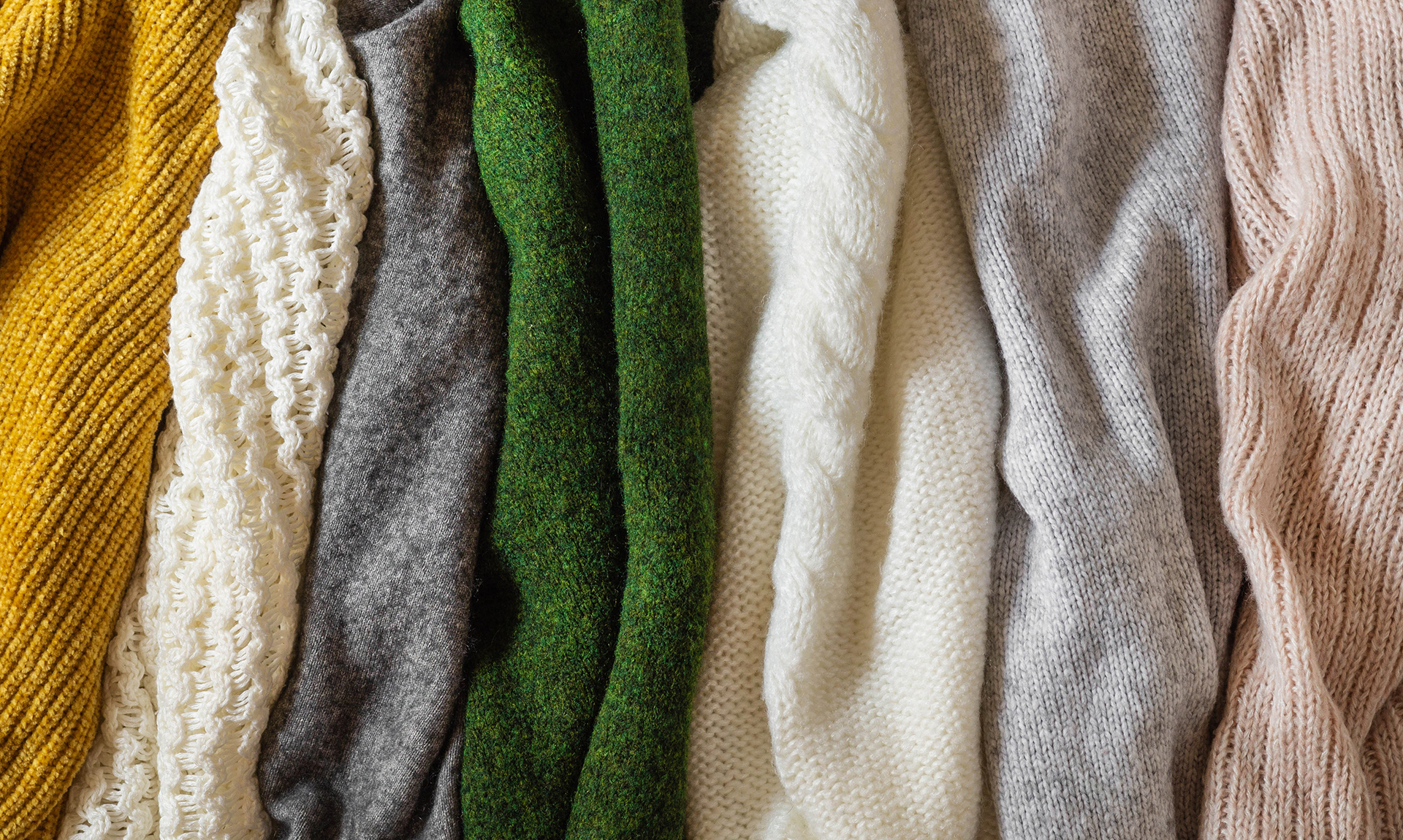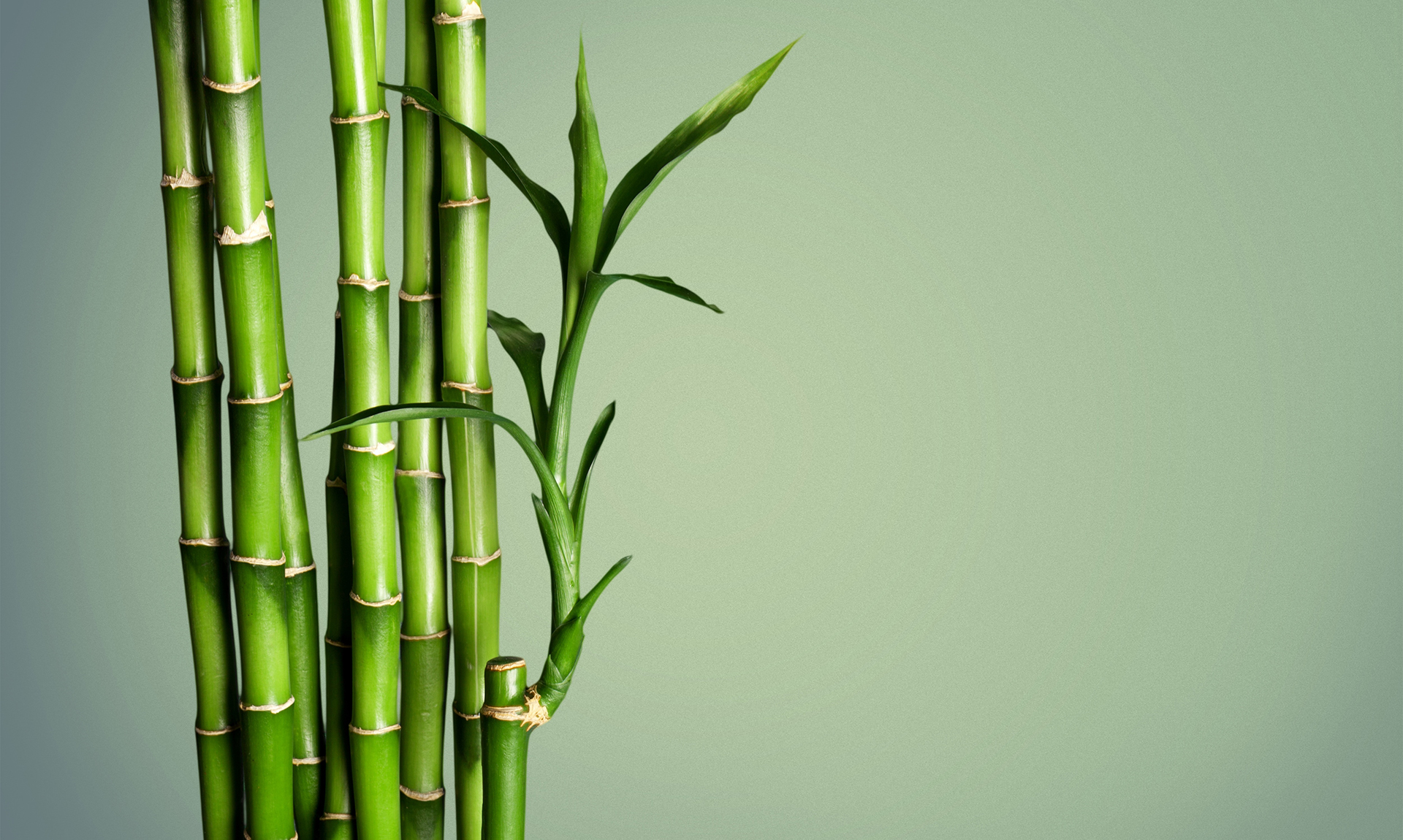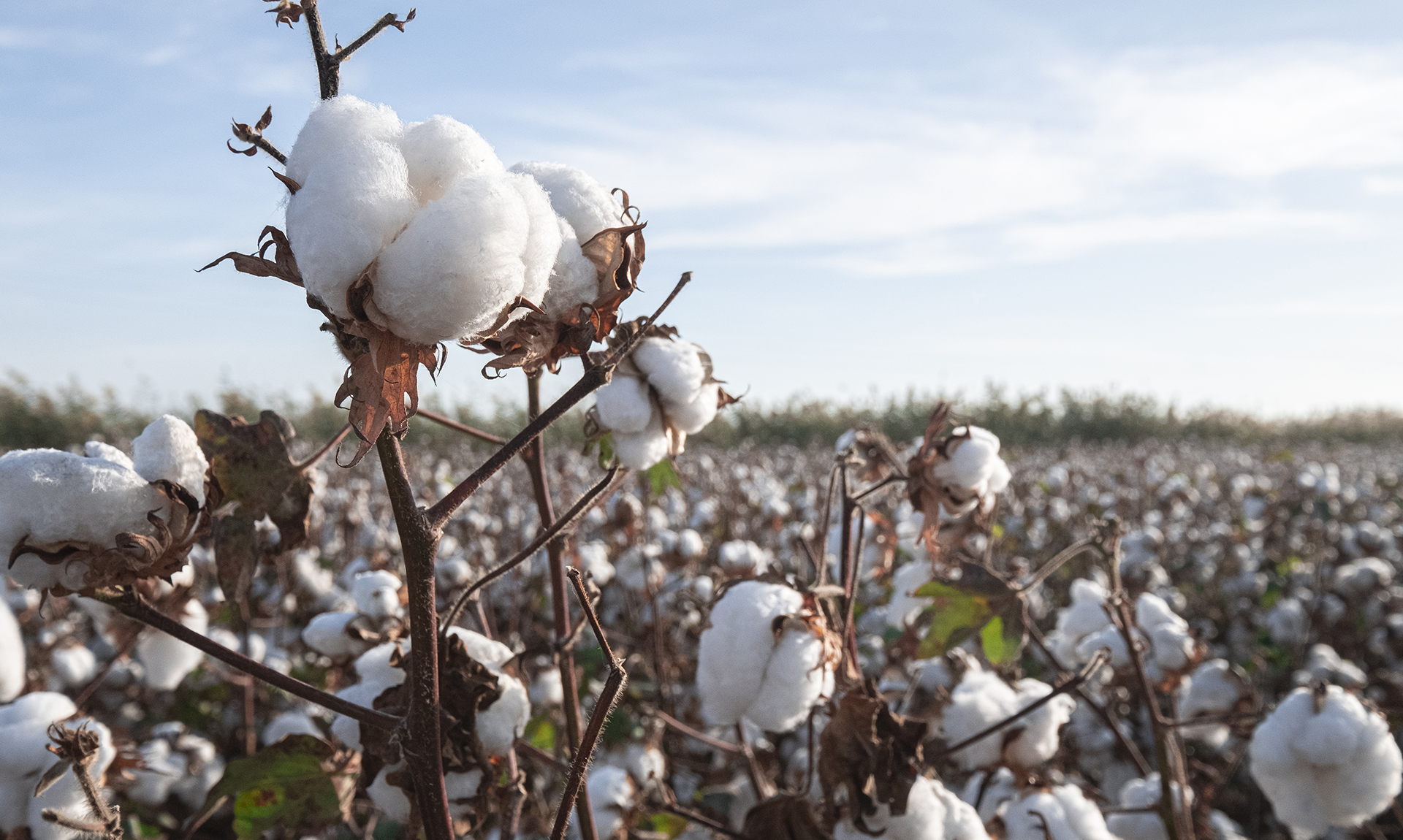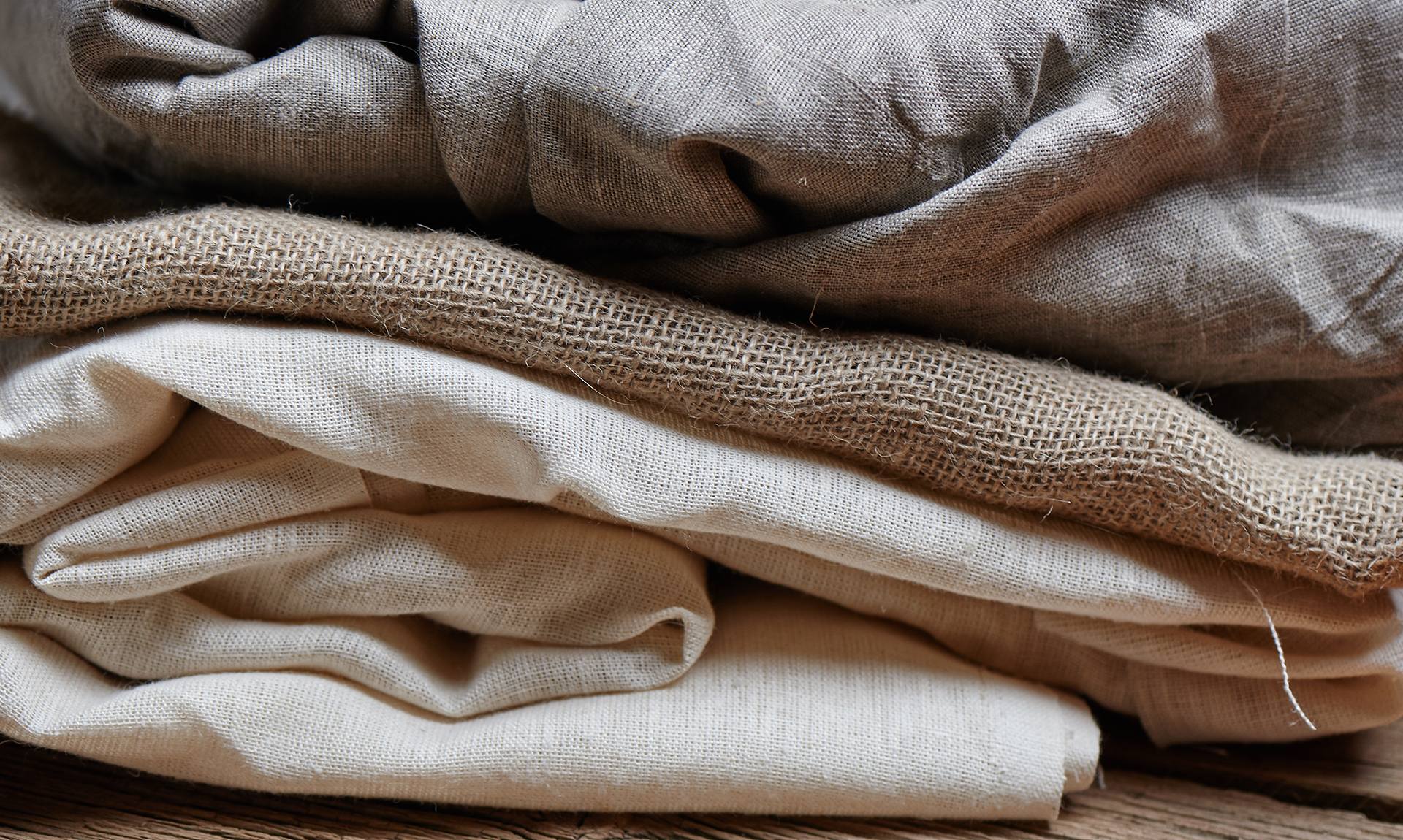
Sustainable Fabrics
Here’s why you need to switch to Sustainable fabrics.
Saving the planet can get difficult in a trend-driven world. Due to the rapid rate of fast fashion production, manufacturers rely on synthetic materials that are inexpensive and quick to produce. Is it time to change our buying habits based on sustainability?
So what are Sustainable fabrics?
Fabrics made from natural or recycled materials, designed to be environmentally friendly are termed sustainable fabrics. These are fabrics made using pesticide-free fibres, made in closed-loop systems, or designed to reduce water and chemical waste.
However, there is a lot of debate over which fabrics are sustainable. In this article, we provide you with a list of sustainable fabrics and their importance.
Bamboo
Bamboo is a regenerative, fast-growing, organic crop often seen as a sustainable garment fabric that does not require fertilisers. Though there are concerns about land clearing and harvesting methods, bamboo continues to stand out. This fertiliser-free crop is incredibly breathable, comfortable, and absorbent, making it a top choice for sustainable fashion.
Besides its anti-static properties, bamboo also provides UV protection, which cuts out 98 percent of harmful UV rays, thus providing another benefit to the wearer.
 Hemp
Hemp
Plants of the cannabis family include hemp. The top three advantages of hemp include its rapid growth, soil conservation, and pesticide-free nature. This versatile fabric contains no irritants, is durable, and can be used for a variety of things.
Hemp is organic by definition and does not require certification. This fabric promotes long-lasting wear and is a natural microbial agent.
Organic Cotton
Cotton grown organically is free of harmful pesticides, synthetic fertilisers, and genetically modified organisms (GMOs). Farms that grow organic cotton use natural fertilisers rather than harmful chemicals. The practice of organic cotton ensures that the environment is preserved, and quality of life is improved by harmonising tradition, innovation, and science.
Organic clothes are ideal for babies as they absorb moisture and ventilate cool air, preventing babies from sweating and overheating. Additionally, its weave will keep babies warm in the winter. These properties make it more convenient to buy organic cotton for every season.
 Silk
Silk
Silk comes from silkworms that feed on mulberry tree leaves, which are biodegradable and easy to grow. As a result of the characteristics of this plant, silk is produced with relatively low waste. However, due to silk’s animal-based life cycle, it’s important to look for trustworthy brands and make sure they use ethical production procedures.
Silk helps the body retain heat during cold weather, while excess heat is expelled during hot weather. It helps your body maintain a comfortable, natural temperature. Silk is hypoallergenic, resistant to dust mites, and acts as a natural fungicide.
Organic Linen
Linen is derived from a very versatile crop called the ‘flax plant’. The fabric can grow in poor soil and does not require much water or pesticides. In addition, every part of the plant is used, so nothing is wasted. When untreated (not dyed), linen is strong, naturally moth-resistant, biodegradable, and highly absorbent. In addition to being Eco-friendly, it is also light and can withstand high temperatures, as well as absorb moisture without harbouring bacteria.

Clothes made of linen are comfortable. It is due to this reason that many people around the world favour linen bedding. Unlike other fabrics, it does not retain moisture and allows plenty of air to pass through. The Linen is easy to wash and is even stronger when wet.
Takeaway
Oftentimes, the material we wear harms humans or animals and sometimes both. On top of that, they release harmful chemicals and microplastics into the environment for centuries. Feel good about the fact that in choosing sustainability you are helping the environment. Our choices need to have a lower impact on the environment, and each of us must take responsibility. Choose sustainable and organic clothing to contribute to a better world.




